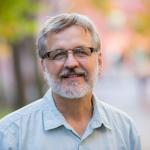How the Value of Water is Measured in Rural Guatemala
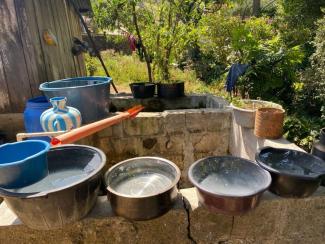
As I approached a trip to visit water scarce communities in Guatemala, I knew each community was desperate to add to their limited water supply. I was traveling as a member of the Global Water Alliance (GWA) with another engineering colleague, Angelita Fasnacht, and her teenage daughter. Our aim was to follow up on two water projects implemented by Engineers Without Borders (EWB) with GWA support.
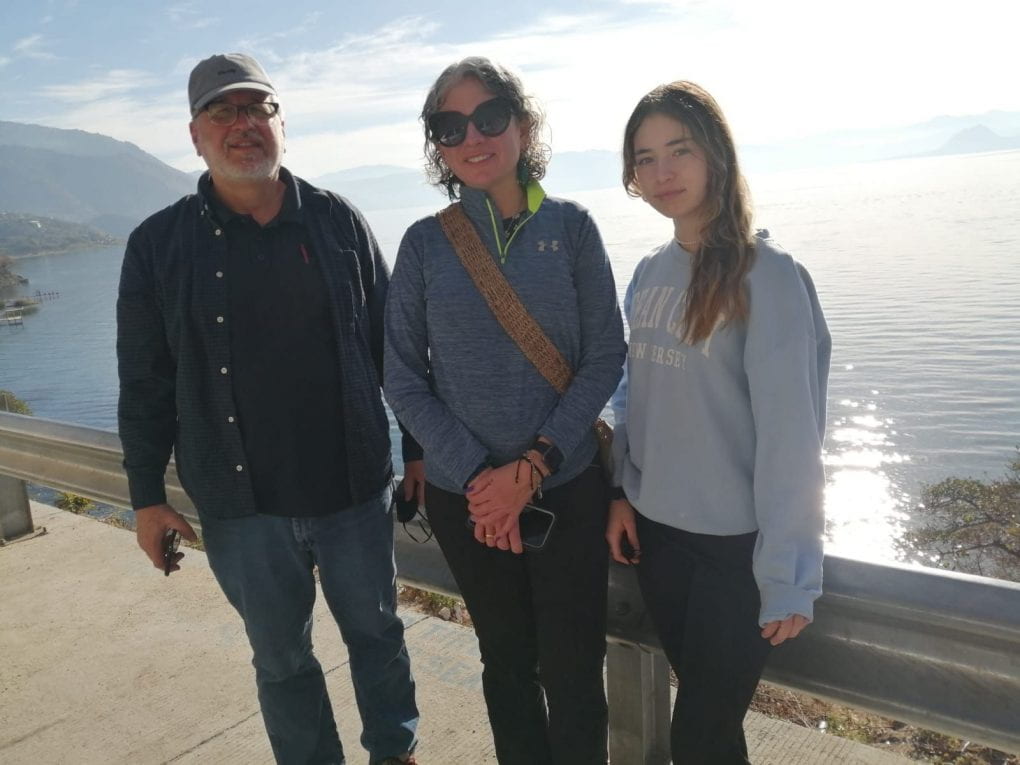
The first community, Panyebar, is a community of 3300 situated on a slope incised by steep ravines with spring-fed streams at the bottom, practically out of reach for a public water supply. The community currently only receives enough water from a faraway mountain spring to deliver water once every three days. The community requested assistance to improve their water supply from EWB, where I serve as a mentor with the University of Pennsylvania student chapter. The community wanted to pump spring water from the deep ravine, but this was beyond the scope of a typical EWB project. The community turned to the municipality (district government) who provided funding to build a spring collection system and two pumping stations to lift water 1100 feet (330 meters) to the distribution tanks located 4600 feet away.
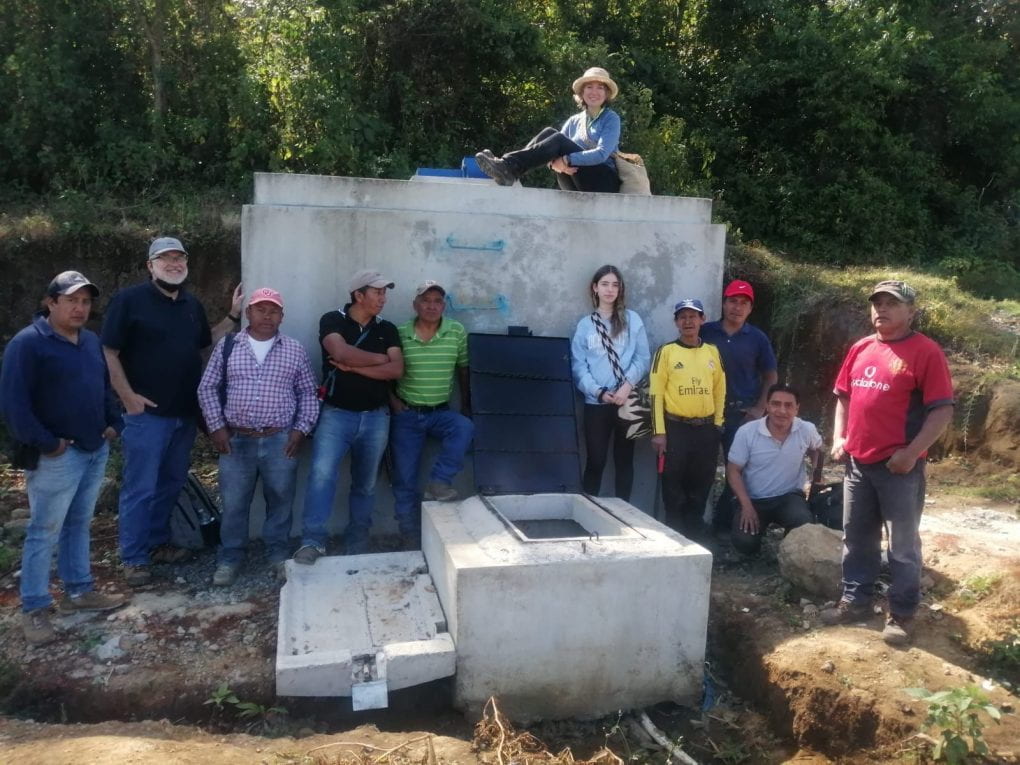
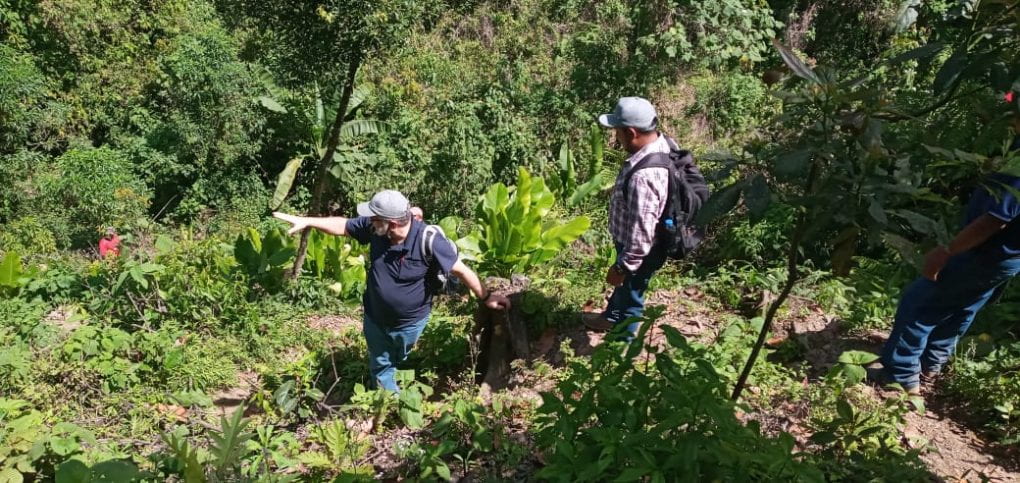
Engineers Without Borders supported the community by building small projects to improve the distribution system supply. During our visit, we discussed how future pumping costs of the municipal project were going to be a major financial burden for the residents. A cursory review of pumping costs indicates that households would need to pay more than the maximum monthly fee of 50 Quetzals ($7) as stipulated by EWB guidance for rural systems. As a result, the community may only be able to pump a day or two per week.
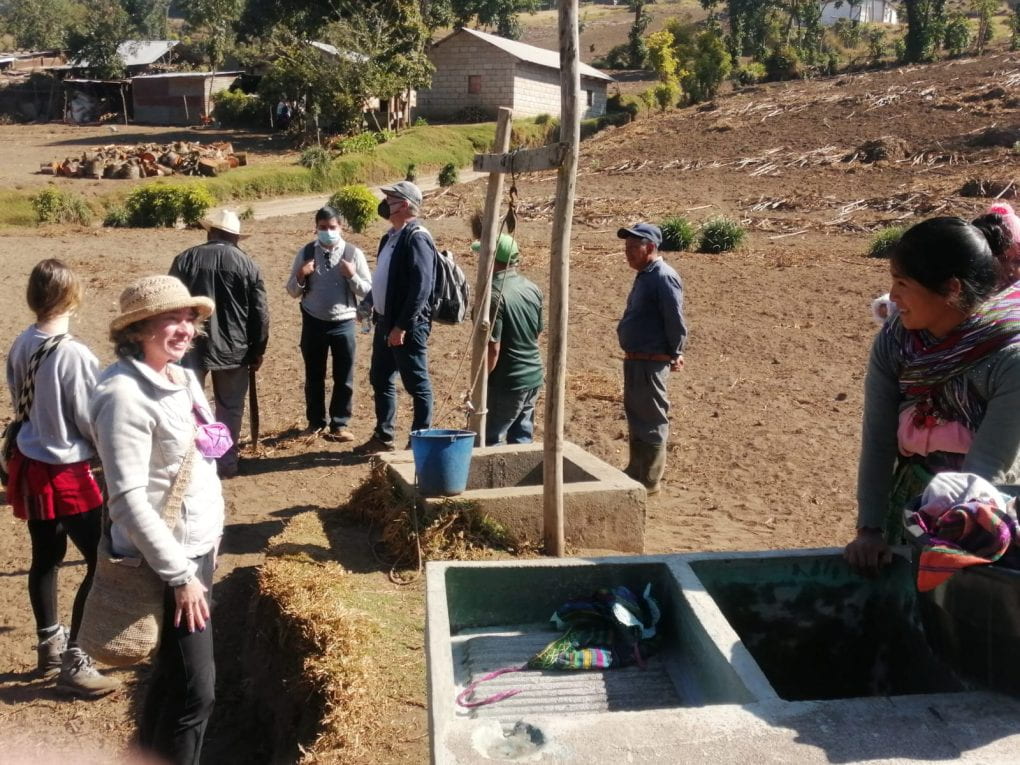
The second community we visited was Lagunas Cuaches in the mountainous highland plateau of Western Guatemala. This community depends on an existing well and pump. They have received help from the Philadelphia professional chapter of EWB to drill a second well to supplement the first well and double the number of households served in the community of 3900 residents. When we arrived at the new well, we came across a remarkable scene: A community woman, with a baby strapped to her back, was preparing to wash a bundle of clothes using water from a shallow private hand-dug well located nearby. We learned that she had metered water at her home, but needed to save money by hauling water up on a pulley to wash her clothes.
After debriefing with our Guatemalan colleagues, we realized that sustainable pumping systems were metered at each home so that residents could afford to pay for just the amount of potable drinking water they needed. If metering could be successfully implemented in Panyebar, they can envision having water all day and every day.
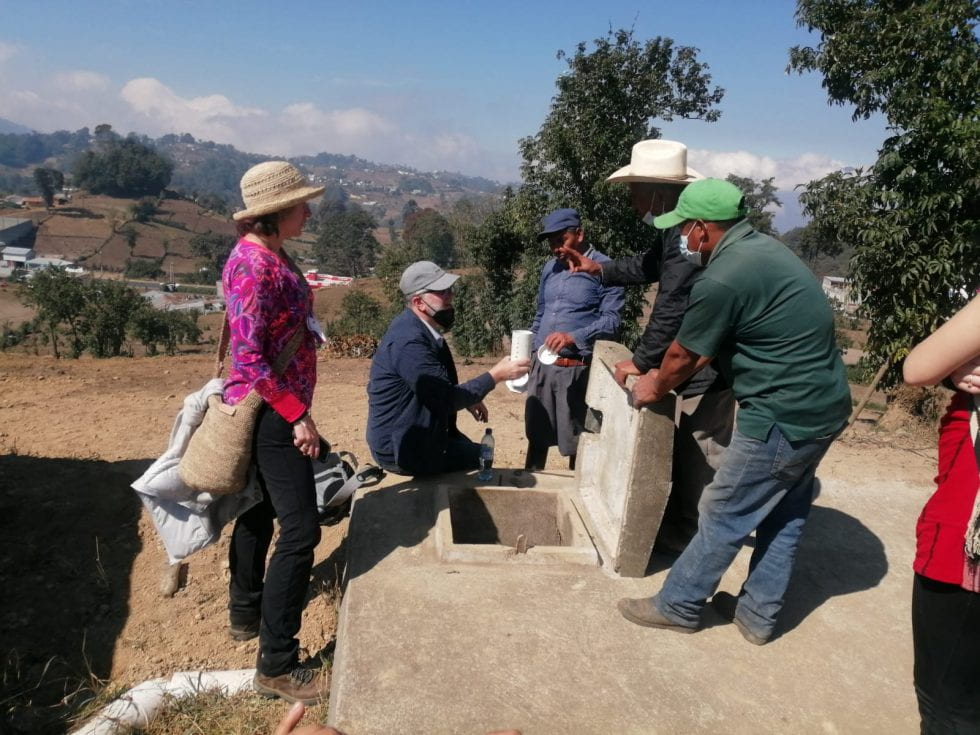
- Community Capacity Building & Water Equity
- Water’s Role in Environmental Health
- Water Infrastructure Research

